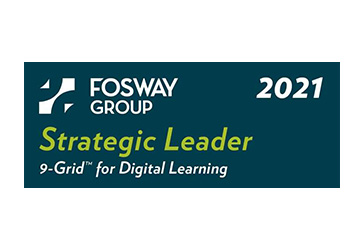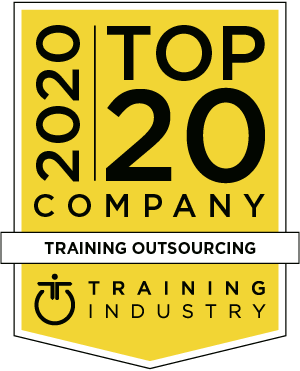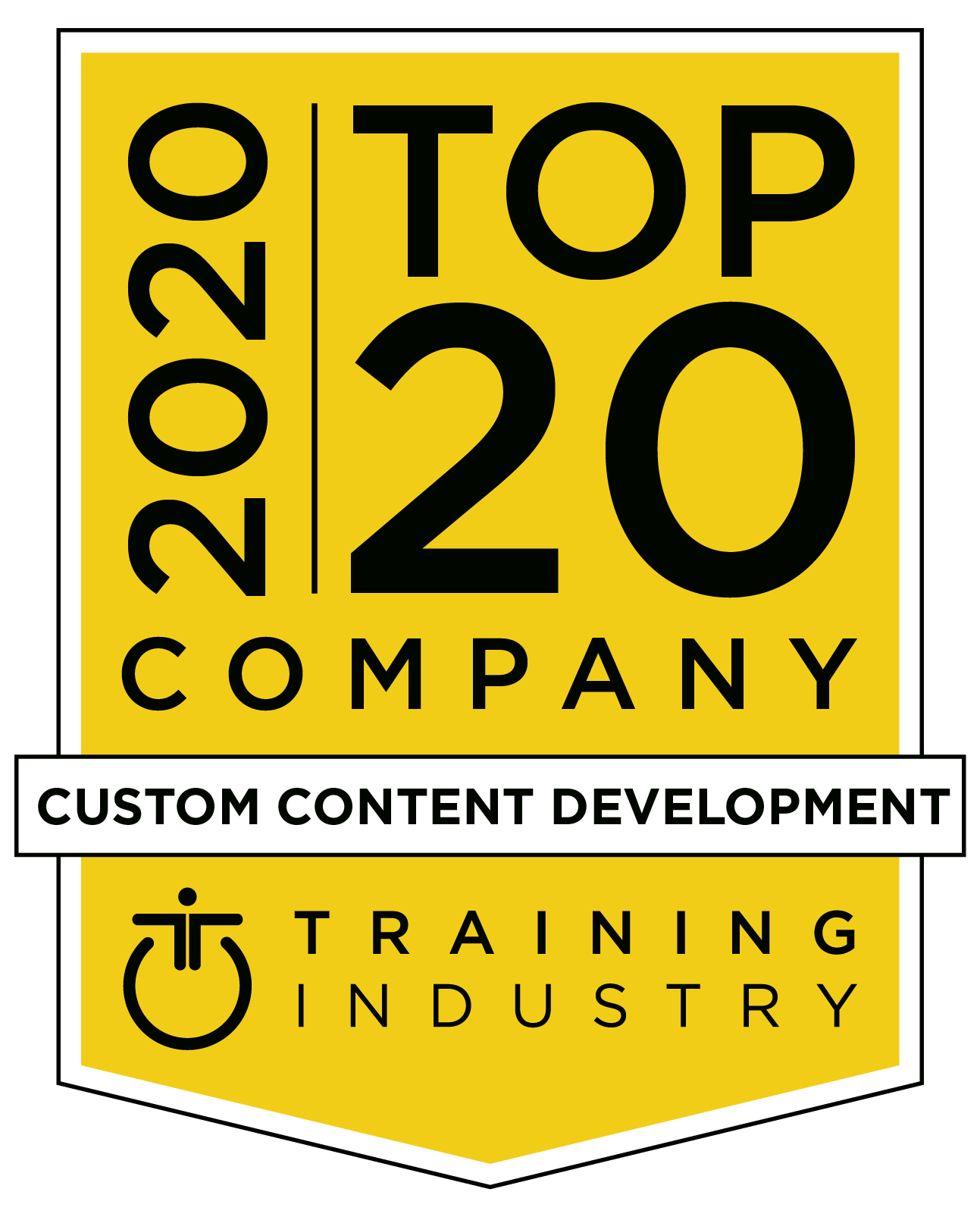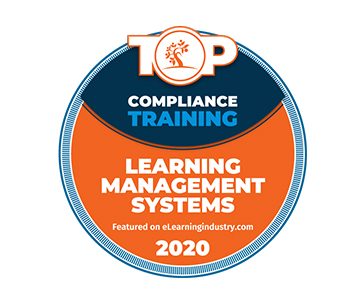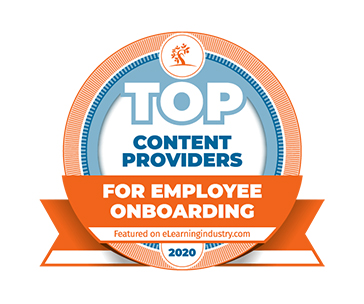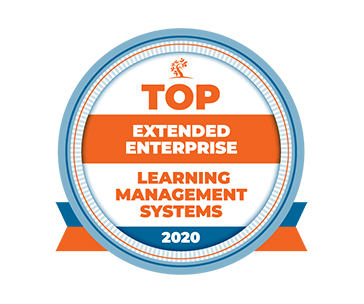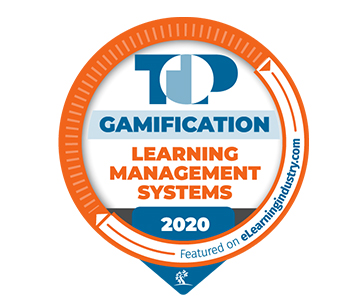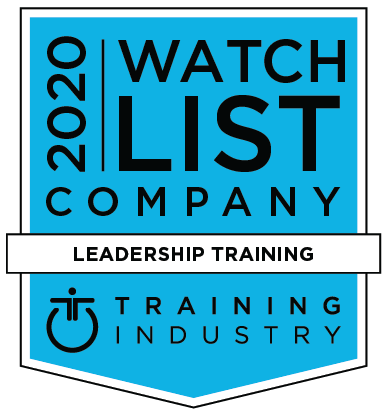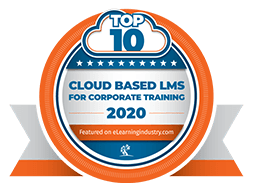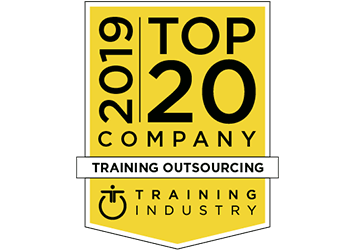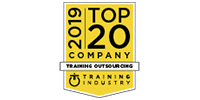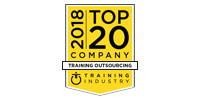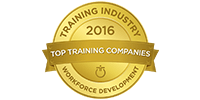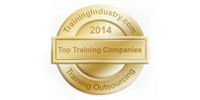In today’s business world, companies may face any kind of challenge, and a great leader must have the potential to mitigate those challenges with the right strategy and expertise. A good leader can encourage their team to accomplish a common goal and vision, heading the entire company towards success and growth. They also can engage and retain the workforce to improve value creation and drive business impact. Most of the millennial generation consider leadership training as an effective job perk. They take up leadership courses to-
- Embrace a diverse and inclusive workplace culture
- Unlock unique business opportunities
- Discover innovative ways of managing people and delivering measurable results

Leadership training enables employees to hone their skills and leverage their work ethics, expertise, and other professional abilities to succeed. Organizations that want to build high-potential leadership must motivate their workforce to take up leadership courses because of the following ten reasons:
Clear Vision
High-potential leaders need to have the utmost clarity of the organizational vision and purpose. Taking an engaging leadership course can encourage leaders to improve their overall vision and communicate it further to the entire team to think about a better future.
Better Engagement
Leadership development programs motivate employees to learn and execute new business strategies that fuel performance. Learning new strategies makes employees better understand their leadership role, resulting in higher engagement and retention levels.
More Retention
Lack of direction and motivation from leaders results in employees quitting their jobs. Leadership training programs help maximize employee engagement and retention, thus reducing overall expenses.
Foster Future Leaders
While new managers and supervisors may have sufficient domain expertise, they may lack the leadership skills to build a successful team. Organizations realize that managers can enhance their skills and ultimately lead successful teams through effective leadership training, coaching, and feedback sessions.
Effective Team Building
Effective leadership courses focus on training leaders on how to build great teams. A great leader with a clear purpose and direction can motivate their team to upskill and perform better. This leads to better accomplishing business goals, resulting in improved business impact.
Change Management
Leadership programs enable organizations and their leaders to tackle difficult situations and mitigate challenges of today’s ever-changing business world. Leadership courses on change management, workplace restructuring, and cultural changes prove helpful during these uncertain times.
Better Decision-Making
Effective leadership development courses teach leaders how to make informed business decisions even during critical times. This leaves a more significant impact on business growth, keeping everyone more aligned, engaged, and productive.
Higher Productivity
Training on leadership skills teaches managers how to keep their teams more productive. When leaders can give a clear direction and set the right expectations, their teams also focus on performing better and unlocking their full potential.
Embrace Positive Culture
Leadership programs that include constructive feedback and mentoring help boost employee morale and foster positive work culture. Managers undergoing leadership development training can inspire their teams to engage more and perform better in the workplace.
Enhance Project Management Skills
Leaders may struggle to handle projects successfully due to a lack of project management skills. This may affect employee morale and their overall productivity. By providing courses on improving project management skills, leaders learn to manage their teams and complete projects within the timelines.
Organizations have realized the need for managers to develop leadership skills through effective mentoring and access to relevant courses on skill development, project management and team management, and more. Investing in leadership courses should not only be a one-time event but a continuous process to optimize employee engagement, accelerate performance, and boost overall productivity.
Organizations have realized the need for managers to develop leadership skills through effective mentoring and access to relevant courses on skill development, project management and team management, and more. Investing in leadership courses should not only be a one-time event but a continuous process to optimize employee engagement, accelerate performance, and boost overall productivity.


